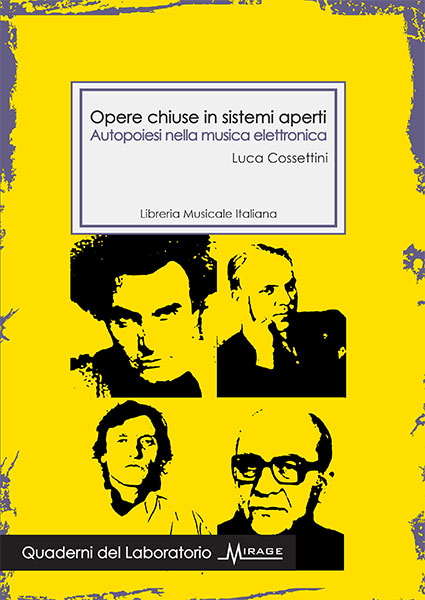
by Luca Cossettini
In order to address criticism of sources of electronic music, new interpretive paradigms are required. The non-determinist nature of analog audio systems effectively means the absence of codified texts and a neutral space on which to base analysis. Consequently, a critical method along structuralist lines is not appropriate. Electronic compositions, even when they seem to be finalized on magnetic tape, are the product of living and mutable relationships within open systems which interact on several levels with their context. An example of a new systematic approach to the study of electronic music is provided here in the historiographic reconstructions of Déserts by Edgard Varèse, Spiritus intelligentiæ Sanctus by Ernst Krenek, Jour-Contre-Jour by Gérard Grisey, and Malo večno jezero by Vladan Radovanović.
Index
1. L'opera elettronica: problemi e metodi
2. Edgard Varèse. Piste nei deserti
2a. Gli studi di musica elettronica di Varèse (scheda tecnica)
3. Ernst Krenek. Spiritus intelligentiae Sanctus, il serialismo nella musica elettronica
3a. Gli studi di musica elettronica di Krenek (scheda tecnica)
4. Temporalità, direzionalità e memoria
5. Gérard Grisey. Jour, Contre-jour, modelli e scritture nella musica mista
5a. Lo studio di musica elettronica della Technische Universität di Berlino (scheda tecnica)
6. Vladan Radovanović: Malo večno jezero, sogni musicali
6b. Lo studio di musica elettronica di Radio Belgrado (scheda tecnica)
